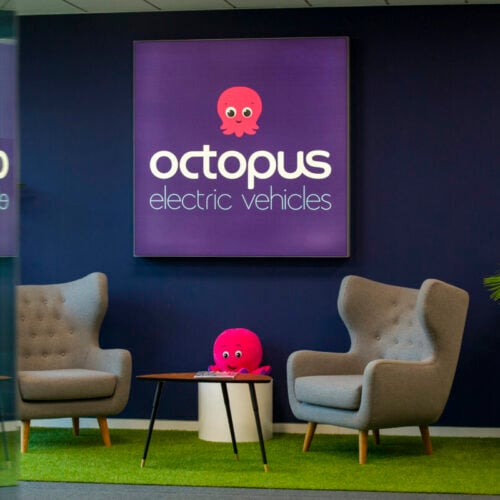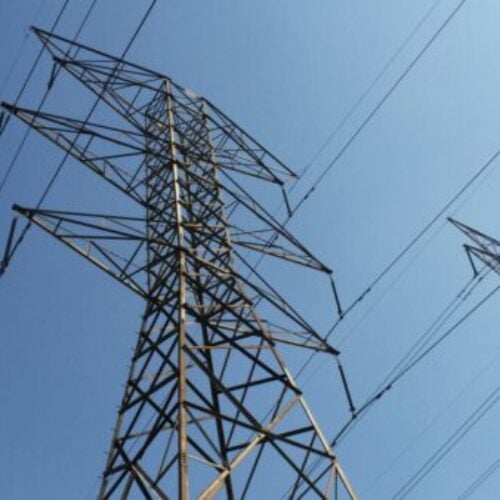Energy regulator Ofgem has proposed the introduction of a Future Regulation Sandbox (FRS) to trial and test changes to the energy rulebook prior to implementation.
The FRS will act as a policy instrument that allows Ofgem to “enable or respond to innovation that supports our journey to a smarter, decentralised energy system”.
To seek feedback from the energy industry, Ofgem has also today (1 November) launched a call for input enabling stakeholders to mould the FRS into its best possible form.
It is important to note that a similar “sandbox” is already in place and aptly named the Energy Regulation Sandbox (ERS). This has been running since 2016 and provides “innovators” who apply with regulatory relief to launch into the market or conduct a time-limited trial.
However, in its current form the ERS is explicitly not a means to change regulation on a permanent basis, though after a trial, participants can raise a code modification or seek to influence Ofgem to change the rule, the regulator noted.
The FRS trials would be set up with the explicit purpose of delivering evidence needed to make “difficult policy decisions” by bringing together market participants and rule owners to do so.
According to Ofgem, the initiative for and design of any given FRS trial would be led by Ofgem, informed by stakeholder appetite and input. Ideas for trial topics could come from any stakeholder, or they may emerge from existing policy workstreams.
But what are some of the benefits with the implementation of the FRS? Firstly, the initiative would ensure regulation is able to become “dynamic and adaptive” to innovation. The trial results would also enable Ofgem to assess the risks and benefits of new innovations in real time as well as to test potential rule changes ahead of implementation.
One of the key risks to consider for FRS is that the innovators operating within the FRS trials could gain a short-term competitive advantage over others by operating in an environment which may resemble a future regulatory regime.
Ofgem has requested that stakeholders send their responses by 17:00 on 19 January.






